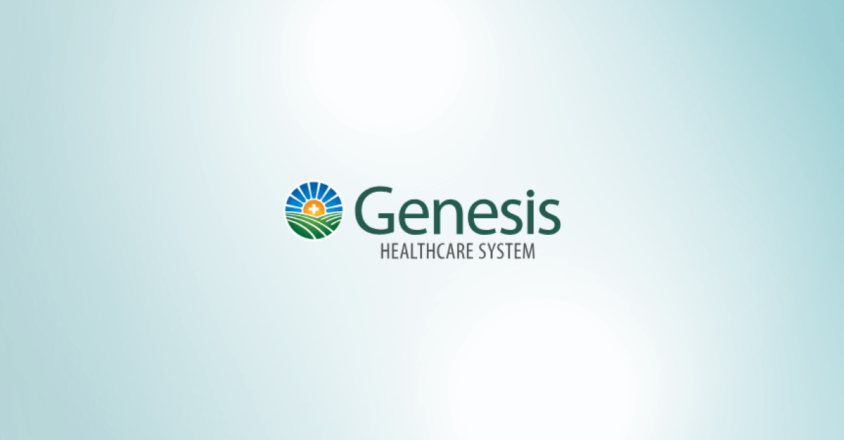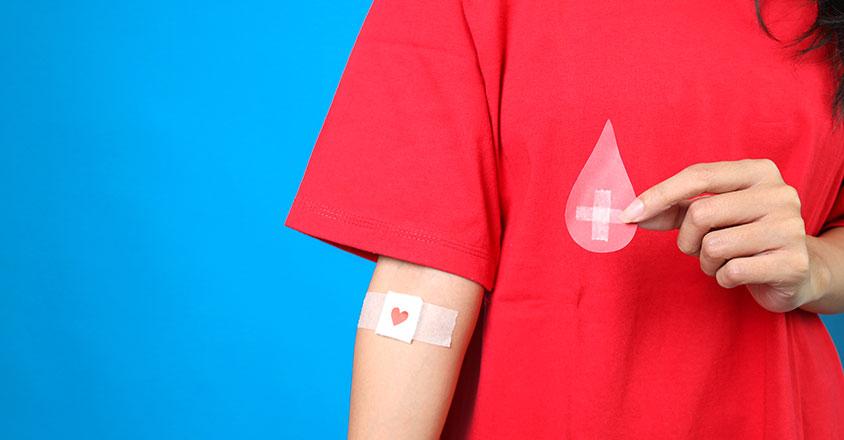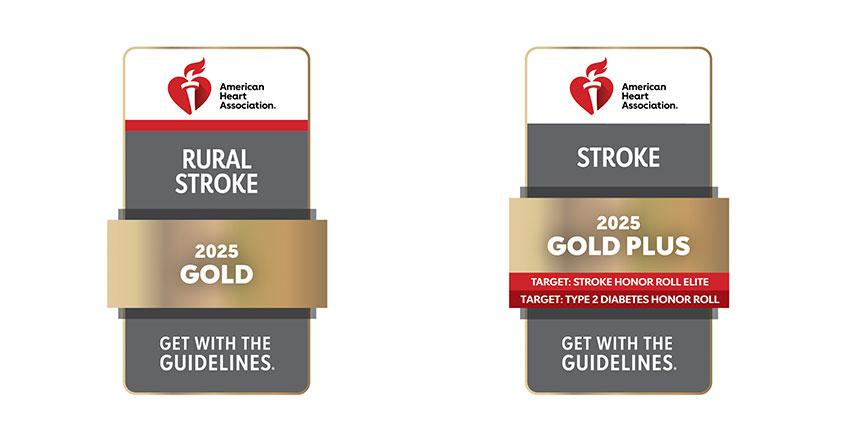Free mammograms for those in need in October
Organizations partner to provide breast cancer screenings
Several community businesses and healthcare organizations are partnering to offer free mammograms to individuals who lack insurance, are under-insured or cannot afford the cost. Coconis Furniture, Marquee Broadcasting (WHIZ-TV), Genesis HealthCare System, Muskingum County Community Foundation, Southeastern Ohio Breast and Cervical Cancer Project, and Riverside Radiology/Lucid Health are committed to ensuring area residents receive this life-saving breast cancer screening regardless of their ability to pay.
During the month of October, National Breast Cancer Awareness Month, community members can pick up a flyer at Coconis Furniture locations, the Genesis Cancer Care Center and the Genesis Coshocton Medical Center. The flyer includes a QR code that can be scanned to apply online for a free screening mammogram. The 3D mammograms will be conducted at the Genesis HealthPlex in Zanesville or the Genesis Coshocton Medical Center in Coshocton by the end of 2025.
For more information, contact Pebbles Kieber, director of Genesis Cancer, Palliative Medicine and Hospice Services, at (740) 454-4274.

Organizations partner to provide breast cancer screenings.



